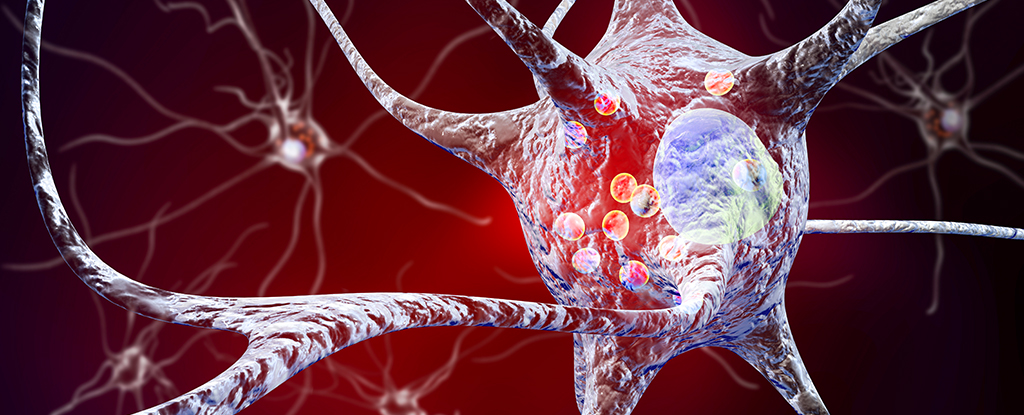A novel therapy designed to clear toxic clumps of a protein thought to be responsible for Parkinson’s disease has shown promise in early clinical trials.
Produced by the US biotechnology company Vaxxinity, the immunotherapy candidate codenamed UB-312 is the first treatment shown to be capable of reducing concentrations of alpha-synuclein (α-syn) in cerebrospinal fluid, marking a significant step forward in slowing – or even halting – the disorder’s progress.
Though the results of the trial are yet to be published and peer reviewed, reports from company officials are optimistic, suggesting they’re onto something big.
“What we see from our UB-312 program is the potential to change the whole conversation around Parkinson’s treatment and prevention,” says Vaxxinity’s co-founder and executive chair Lou Reese.
“Our findings suggest UB-312 could transform Parkinson’s care, offering hope for improved outcomes with a disease-modifying treatment. The future isn’t decades away: today’s Parkinson’s patients may have hope for the near, not distant future.”
Parkinson’s disease is a neurodegenerative condition that progressively manifests in rigidity, tremors, and slow movement. Second only to Alzheimer’s in prevalence, nearly a million people in the US have a diagnosis, a figure expected to surge by a further 200,000 by the end of the decade.
The disease’s symptoms can be traced to the death of critical nerve cells in a region close to the brain stem that is indirectly involved in fine motor control. Though the initial triggers of this degeneration have only loosely been associated with potential genetic and environmental factors, a quarter of a century of investigation strongly implies α-syn plays a critical role in the progress of Parkinson’s disease.
Produced to regulate communication between neurons, the protein has a sinister side once it accumulates in insoluble clumps, damaging components such as the mitochondria and disrupting the cell’s typical balances.
Vaxxinity’s novel therapy uses antibodies to target these toxic clumps, ignoring the dissolved proteins and leaving them to conduct their day-do-day business. A clinical trial conducted a few years ago involving 50 healthy volunteers proved the procedure to be generally safe, with relatively mild side effects.
In this latest randomized, double-blind trial on 20 patients diagnosed with Parkinson’s disease, the antibodies were shown to bind exclusively to aggregated forms of α-syn. Analysis of the spinal fluid of those given UB-312 revealed a 20 percent drop in their usual α-syn aggregate levels, compared with a 3 percent decline in those who received a placebo.
Follow-up clinical testing on patients with detectable concentrations of UB-312-induced antibodies in their spinal fluid samples suggested the clearing of the protein clumps may improve movements necessary for daily living.
“Currently, there are no treatments that address the underlying conditions of Parkinson’s, and we are very excited about this target engagement data,” says senior vice-president of Vaxxinity research, Jean-Cosme Dodart.
“This provides us confidence that we are going after the right target and in a way that is statistically and clinically relevant to patients. There is new hope on the horizon.”
Making it over that horizon still depends on additional comprehensive clinical trials continuing to demonstrate the therapy as a safe and effective means of improving the quality of life for Parkinson’s patients.
With so few promising treatments in development, even small hopes can mean a lot to the increasing number of people facing the gradual loss of motor control in coming years.





